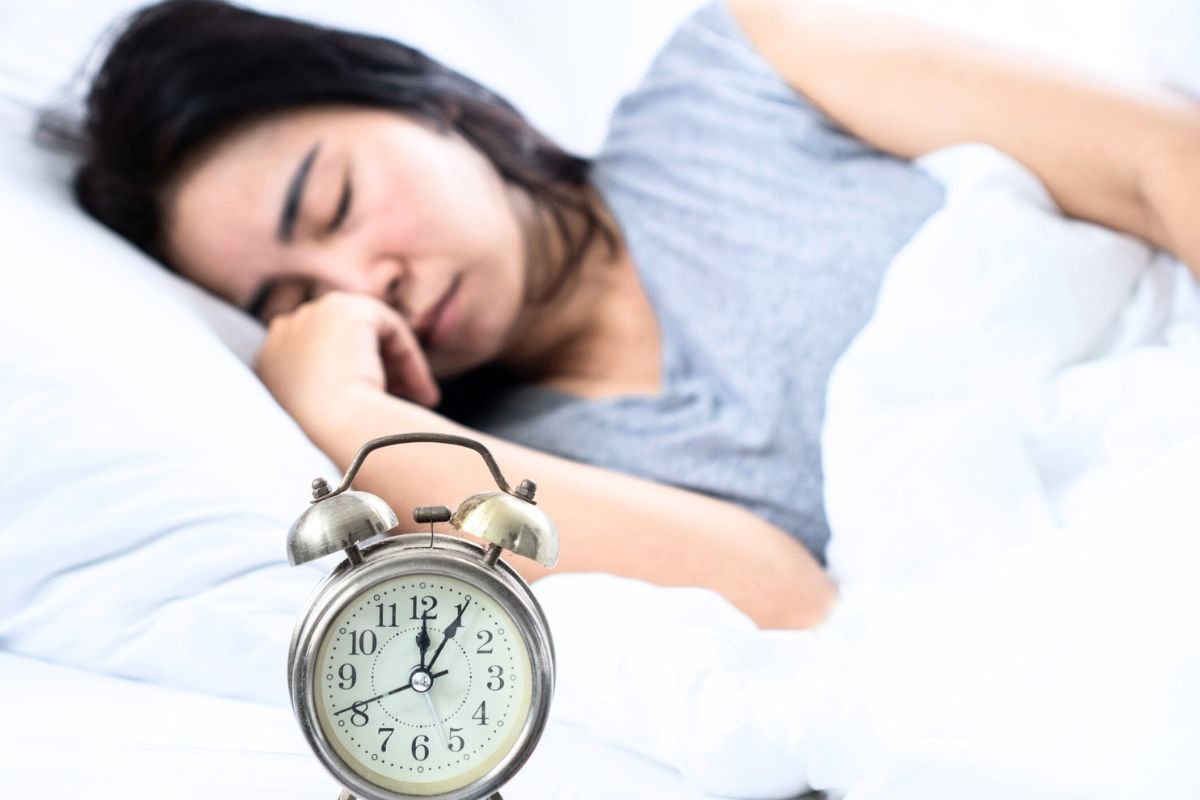- A simple WhatsApp call could drain your bank account — here’s how scammers do it - September 1, 2025
- This everyday drink accelerates aging — science explains why - August 31, 2025
- How to hide the “seen” checkmarks on your WhatsApp messages - August 30, 2025
Struggling with daytime fatigue? Experts say the right amount of sleep changes dramatically as we grow — here’s the ideal nightly rest for every age.
How Much Sleep Do We Really Need?
Most of us cherish that moment when our head finally hits the pillow, yet too often we cut ourselves short of deep, restorative slumber. Charles Czeisler, chair of the National Sleep Foundation, reminds us that “we spend about a third of our life asleep, and our health hinges on both quality and duration of rest.” From bouncing teens to busy professionals, here’s what the science recommends:
- Adolescents (14–17): 8–10 hours
- Young Adults (18–25): 7–9 hours
- Adults (26–64): 7–9 hours
- Seniors (65+): 7–8 hours, with extra rest if needed to recover from daily strains
Sleep’s Impact on Our Well-Being
Beyond banishing morning grogginess, adequate shut-eye is critical for our heart, mind, and mood. Chronic sleep deprivation can raise the risk of diabetes, dementia, and cardiovascular disease, according to the American Heart Association. Mentally, low sleep levels fuel anxiety, depression, and irritability — a recipe for poor decision-making and burnout.
Sleeping to Lose Weight
Believe it or not, your pillow time helps regulate two key weight-related hormones. Leptin, which signals fullness and boosts metabolism, and melatonin, which not only ushers you into dreamland but also promotes fat burning. Skimp on sleep, and you derail this natural fat-fighting duo.
Recommended Sleep Durations by Age
Whether you’re cramming for exams or juggling a demanding career, aligning your sleep with your stage of life pays dividends:
- Newborns (0–3 months): 14–17 hours
- Infants (4–11 months): 12–15 hours
- Toddlers (1–2 years): 11–14 hours
- Preschoolers (3–5 years): 10–13 hours
- School-Age (6–13 years): 9–11 hours
- Teens (14–17 years): 8–10 hours
- Young Adults (18–25 years): 7–9 hours
- Adults (26–64 years): 7–9 hours
- Seniors (65+ years): 7–8 hours
Striking the right balance between our busy lives and necessary rejuvenation can transform every waking hour. Start tonight by aiming for the sleep window that fits your age — your body and mind will thank you tomorrow.









